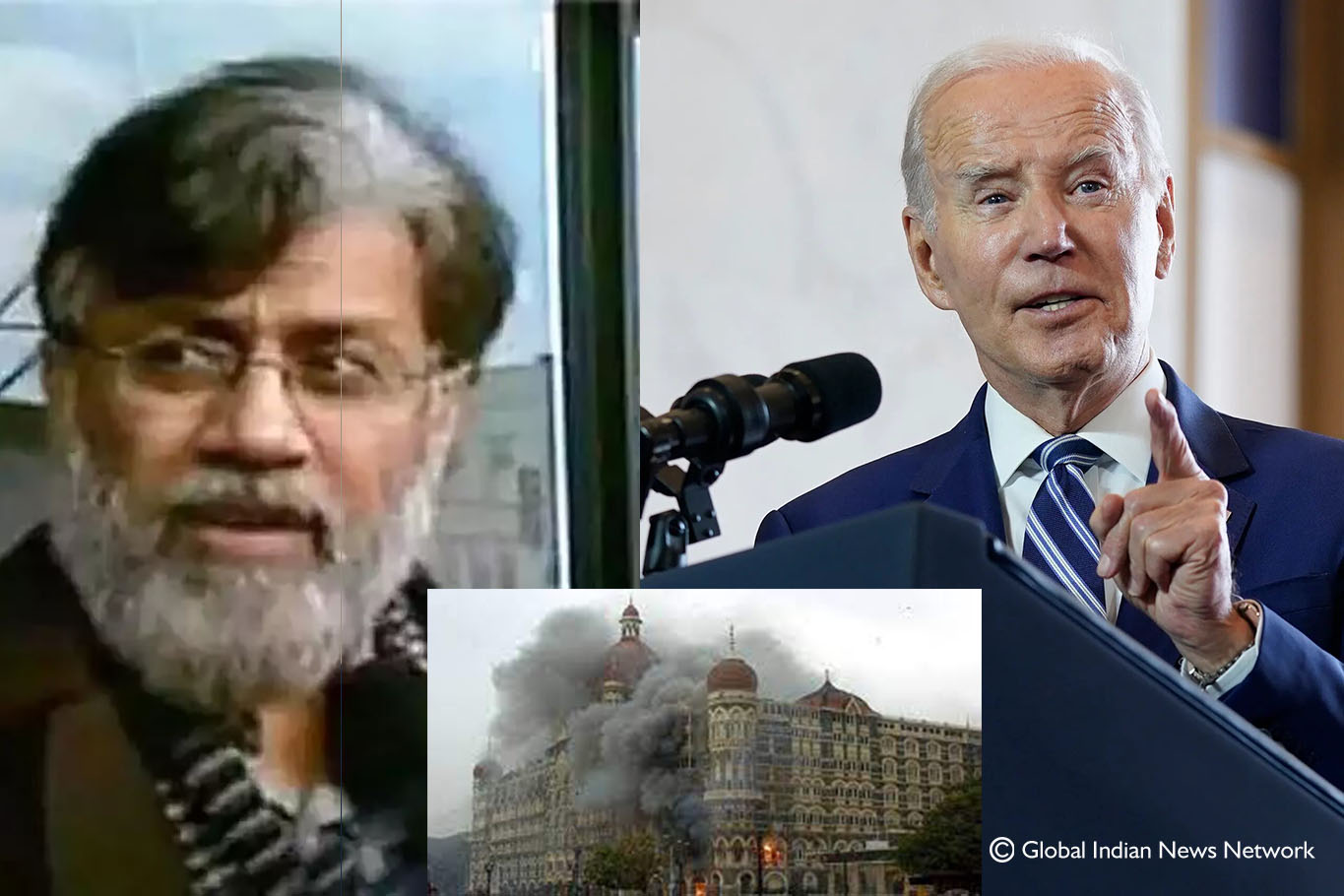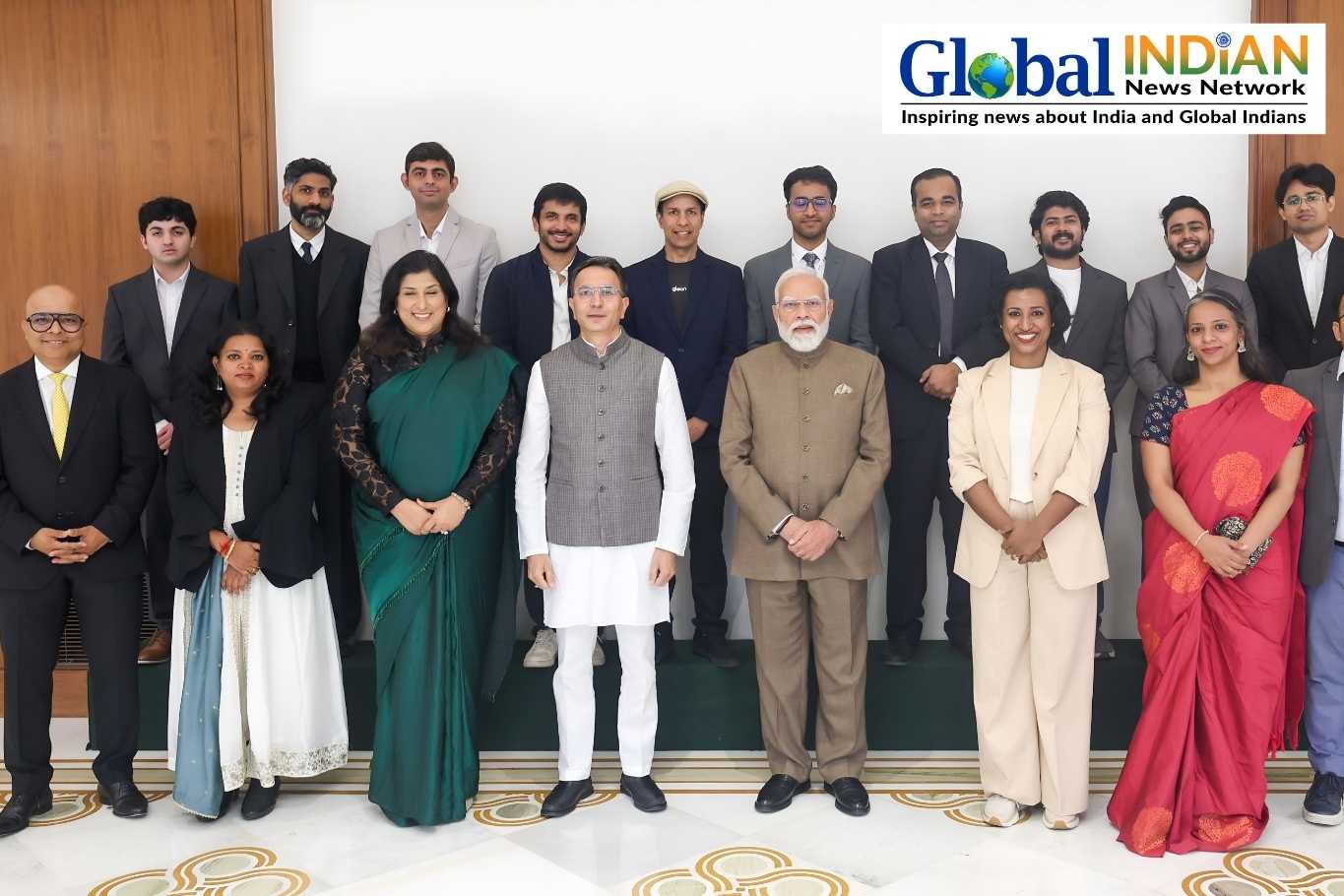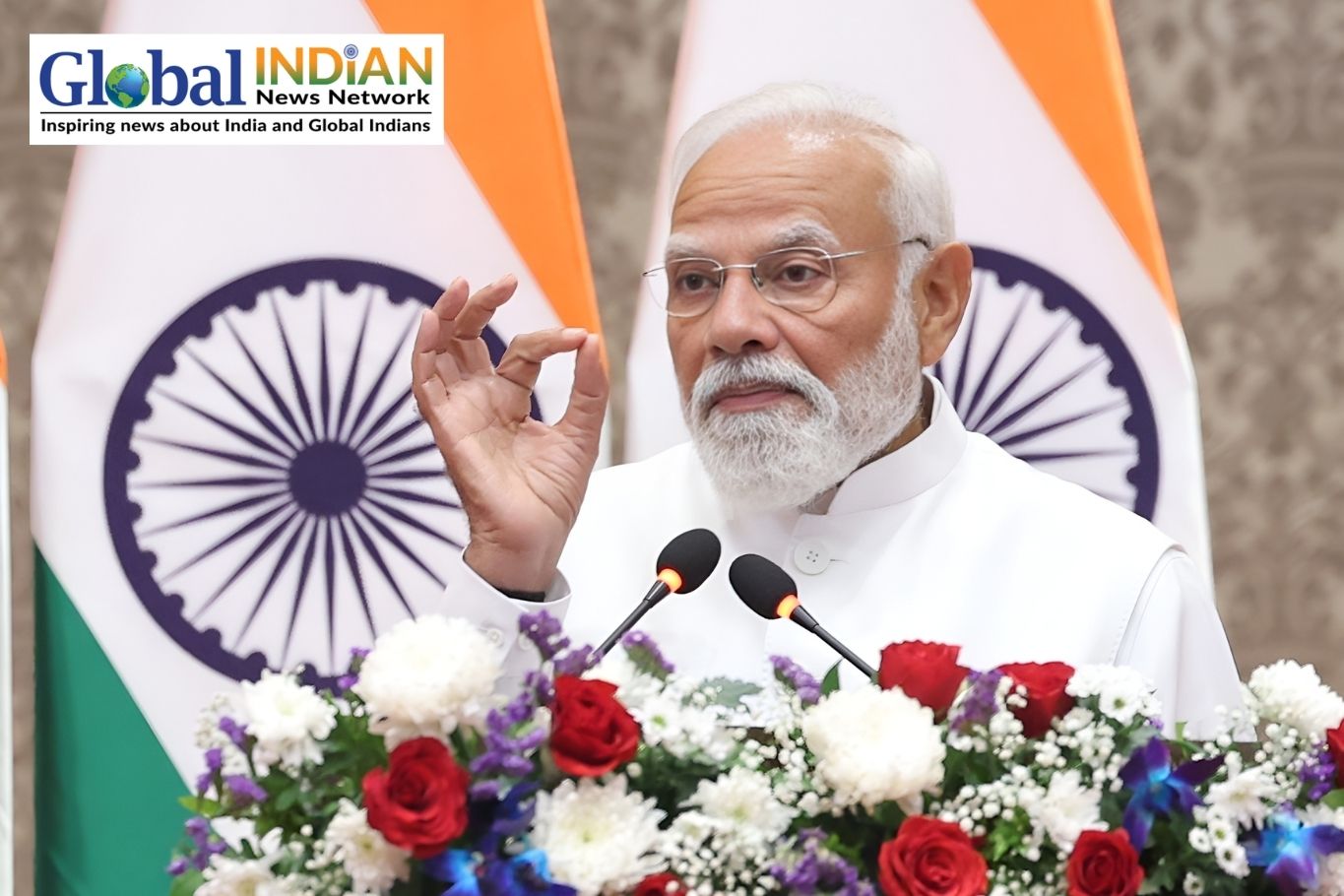 The US government, led by the Biden administration, has reiterated its stance on the extradition of Tahawwur Rana, a Canadian businessman of Pakistani origin, to India for his alleged involvement in the 2008 Mumbai terror attacks. The administration has urged a court in California to reject Rana’s writ of habeas corpus. In May, a US court had approved Rana’s extradition to India, and he is currently being held at the Metropolitan Detention Centre in Los Angeles.
The US government, led by the Biden administration, has reiterated its stance on the extradition of Tahawwur Rana, a Canadian businessman of Pakistani origin, to India for his alleged involvement in the 2008 Mumbai terror attacks. The administration has urged a court in California to reject Rana’s writ of habeas corpus. In May, a US court had approved Rana’s extradition to India, and he is currently being held at the Metropolitan Detention Centre in Los Angeles.
India had filed a complaint in June 2020, seeking Rana’s provisional arrest with the intent to extradite him. The Biden administration had supported and approved the extradition. The US attorney for the Central District of California, E Martin Estrada, has requested the court to deny Rana’s petition for a writ of habeas corpus.
Rana’s attorney argued against his extradition, citing two reasons. Firstly, Rana had already been tried and acquitted in the US District Court for the Northern District of Illinois for charges related to the same conduct that India seeks to prosecute him for. According to Article 6(1) of the extradition treaty, extradition cannot be granted if the person has been convicted or acquitted in the Requested State for the offense in question. Secondly, the materials submitted by the Indian government, including transcripts and exhibits from Rana’s trial in the Northern District of Illinois, fail to establish probable cause for the offenses with which India has charged him. As per Rana’s attorney, this fails to satisfy Article 9.3(c) of the treaty.
In response, the US attorney argued that Rana’s claims about the legitimacy of his business in Mumbai are unsubstantiated. The evidence does not support Rana’s assertion that the Mumbai office conducted legitimate business. Even if it did, it does not negate the possibility that Rana’s business also served as a cover for his childhood friend, Pakistani-American David Coleman Headley’s terrorism-related activities in Mumbai. Estrada also refuted Rana’s claims about the funding of the Mumbai office and stated that Rana’s claim of not reviewing Headley’s visa application lacks support from the evidence.
The US attorney highlighted that Rana received a warning before the Mumbai attacks, which does not invalidate the probable cause. Rana was informed by a co-conspirator about the imminent nature of the attacks. The warning does not suggest that Rana was unaware of the upcoming attacks but rather indicates that he was not aware of the specific date, which aligns with the fact that Headley had previously informed Rana about the delayed attack plans.
The 2008 Mumbai terror attacks, orchestrated by 10 Pakistani terrorists, resulted in the deaths of 166 individuals, including six Americans. The National Investigation Agency (NIA) in India is actively investigating Rana’s role in the attacks and has expressed readiness to pursue diplomatic channels to bring him to India.
In conclusion, the Biden administration has reiterated its support for the extradition of Tahawwur Rana to India for his alleged involvement in the Mumbai terror attacks. While Rana’s attorney raised objections based on the US-India extradition treaty, the US attorney argued that the evidence supports the charges against Rana. The case continues to be a focal point for India’s NIA as they work towards bringing Rana to India to face trial.









